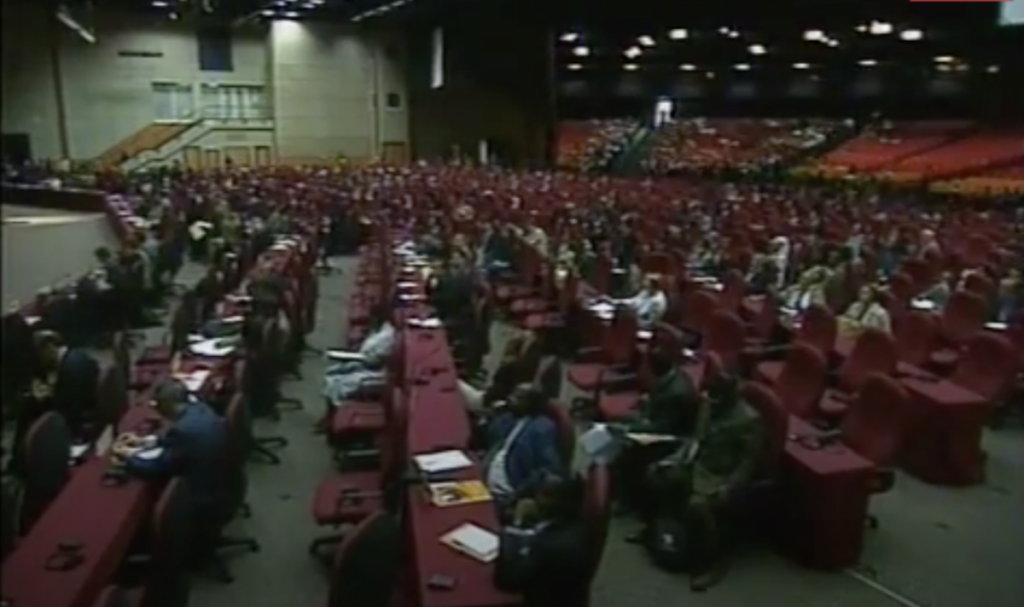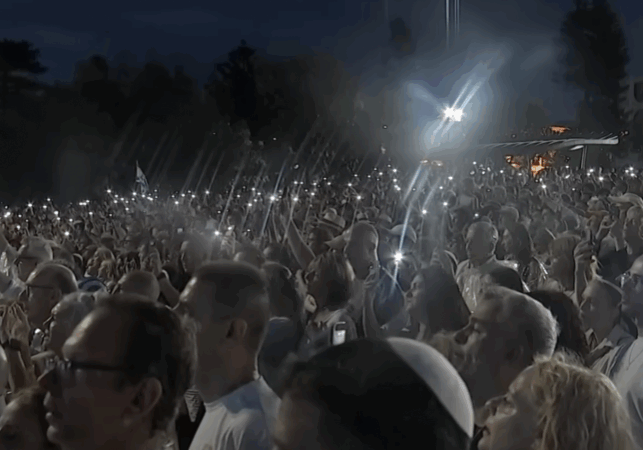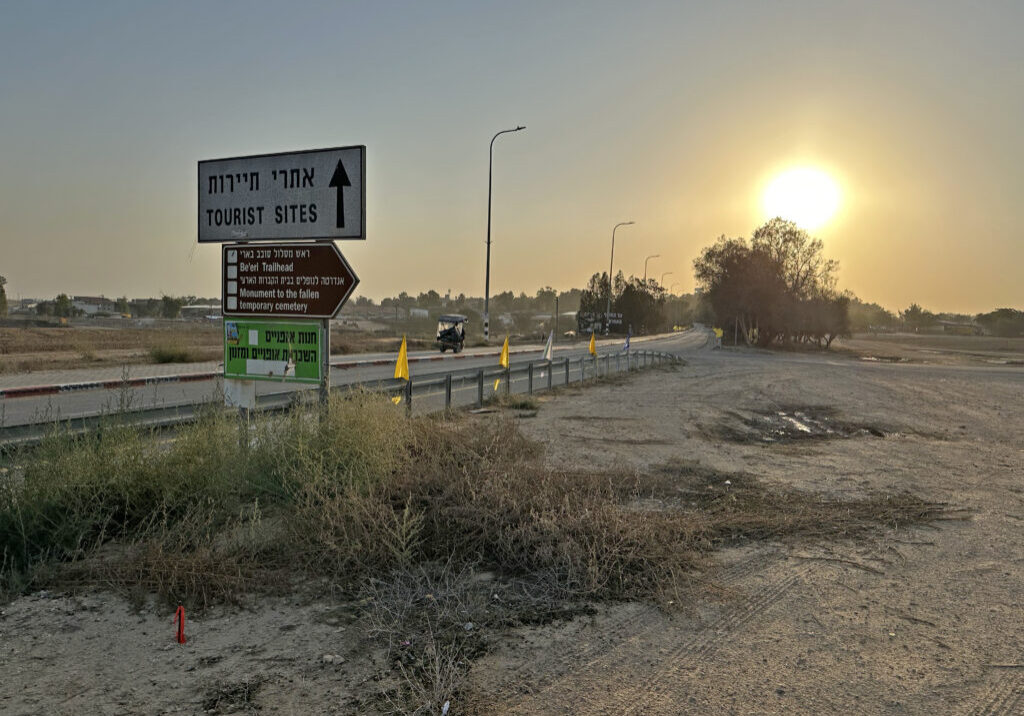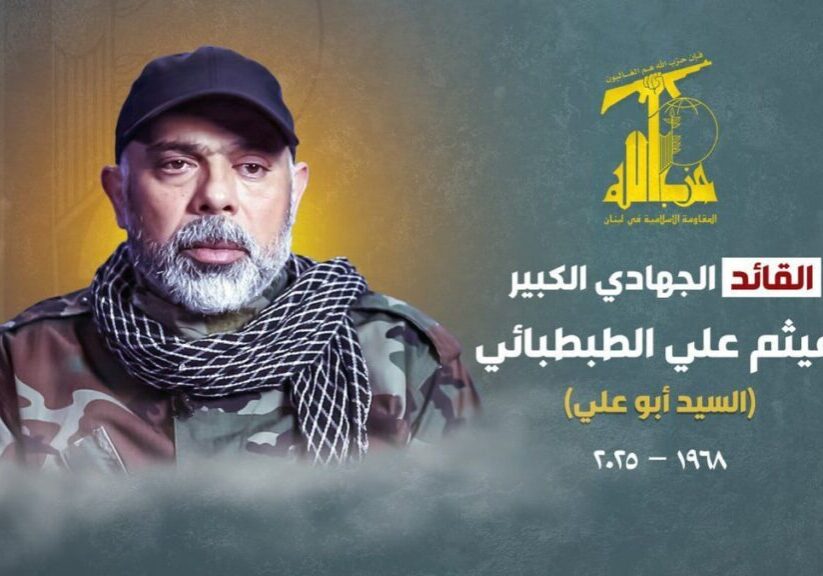Australia/Israel Review
The Israel-Apartheid Lie: A Brief History
Jan 31, 2022 | Gerald Steinberg

One of the most potent means of vilifying Israel is through the use (and abuse) of the “racism” and “apartheid” labels. In 1975, the Soviet and Arab blocs in the UN sponsored a notorious resolution branding Zionism as racism, and the campaigns have continued in waves since then.
In 2001, the UN’s Durban “World Conference against Racism, Racial Discrimination, Xenophobia and Related Intolerance”, ostensibly organised to support anti-racism, revived the campaign in the form of an action plan to promote the “complete isolation of Israel as an apartheid state.”
This form of political warfare was led by the powerful NGOs in cooperation with the Palestinian leadership and the Organisation of the Islamic Conference, and the text was written at a Teheran preparatory conference from which Israelis and Jews were excluded. The Durban NGO Forum marked the launch of another major round of political warfare against Israel which continues today, seeking to delegitimise Jewish national self-determination.
The use of the “apartheid” libel as the primary vehicle for delegitimisation, cynically copied from and exploiting the South African struggle, is not directed against specific Israeli policies. The rhetoric and the campaigns explicitly target the existence of Israel as the nation-state of the Jewish people.
In the words of Irwin Cotler, former Canadian attorney -general, “Let there be no mistake about it: to indict Israel as an apartheid state is prologue and justification for the dismantling of the Jewish State, for the criminalization of its supporters, and for the consequential silencing of their speech.”
The US-based NGO Human Rights Watch (HRW), whose Executive Director Ken Roth has a long-standing obsession with Israel, played a central role in Durban and in implementing the strategy through frequent publications, campaigns, and social media posts in the subsequent 20 years.
In 2021, it published a 223-page “report” under the heading “A Threshold Crossed: Israeli Authorities and the Crimes of Apartheid and Persecution”. To make sure that the label resonates, HRW included 200 references to the word “apartheid”, approximately one per page. It held press conferences and its researchers were interviewed widely by journalists. With a budget of over US$90 million and a major PR operation, it gained a great deal of favourable media coverage, repeating the “Israel apartheid” message.
The report, for those who actually read it, consisted of a chaotic mix of allegations, distortions and falsehoods, many copied from other NGOs, condemning everything from “discriminatory settlements” to the essence of Israel’s existence as the nation state of the Jewish people. These claims were based on a “new definition” of apartheid, which was uniquely tailored for Israel. The 1950 Law of Return, enacted in the shadow of the Holocaust, was condemned, as were counterterror measures which, the authors claimed (without foundation), were used “to advance demographic objectives” without “legitimate security justifications”. The accusations were facilitated by the complete absence of any reference to the thousands of victims of Palestinian terror – as if Israeli Jews were not entitled to human rights or security.
In drawing a direct comparison with South Africa, the goal is to delegitimise Israel and the concept of Jewish sovereign equality. The South African regime was characterised by cruel and systematic institutionalised dehumanisation, while Israel’s non-Jewish citizens have full rights. But in the delegitimisation process, these basic facts are ignored.
This campaign, which has been echoed by Amnesty International and other powerful NGOs with anti-Israel biases, immorally exploits the suffering of the real victims of apartheid and racism, and transforms a political dispute into a racial conflict. The comparison was categorically rejected and denounced by Judge Richard Goldstone in the New York Times. Goldstone, appointed by Nelson Mandela to the South African Constitutional Court, wrote: “In Israel, there is no apartheid. Nothing there comes close to the definition of apartheid under the 1998 Rome Statute…”
Goldstone added that “while ‘apartheid’ can have broader meaning, its use is meant to evoke the situation in pre-1994 South Africa. It is an unfair and inaccurate slander against Israel, calculated to retard rather than advance peace negotiations.”
Many others who had experienced the real apartheid expressed similar views. Benjamin Pogrund, who was a journalist in South Africa, wrote, “Use of the apartheid label is at best ignorant and naive and at worst cynical and manipulative.”
This cynicism is illustrated by the immunity given to the highly discriminatory regimes, particularly in the Middle East, not subject to serious investigation or criticism in the United Nations or by groups claiming a human rights agenda. In countries where women and religious, ethnic and other minorities are systematically denied equal rights, terms such as “apartheid” are never used. This language is also not applied to Egypt, despite often violent friction involving the Coptic minority, or to Turkey, which deprives its Kurdish citizens of equal rights.
In the face of these blatant double standards, the power of the “apartheid” campaign is derived from resources that are available in both political and financial forms. Beyond the NGOs’ campaigns, this divisive agenda is supported in the United Nations and associated institutions, providing numerous platforms as well as access to media.
Financially, significant European government funding for ostensible human rights organisations that actively promote the “apartheid” libel, including al-Haq, Adalah, Badil, and al-Mezan, fuels this demonisation.
Finally, the crude exploitation of the “apartheid” libel and the accompanying BDS campaigns are the antithesis of the mutual acceptance required for peace. As Judge Goldstone wrote, “The mutual recognition and protection of the human dignity of all people is indispensable to bringing an end to hatred and anger. The charge that Israel is an apartheid state is a false and malicious one that precludes, rather than promotes, peace and harmony.”
Dr. Gerald Steinberg is Emeritus Professor of Political Science at Bar-Ilan University, and heads the Institute for NGO Research in Jerusalem.
Tags: Anti-Zionism, Israel






